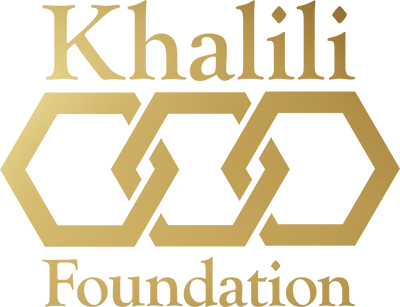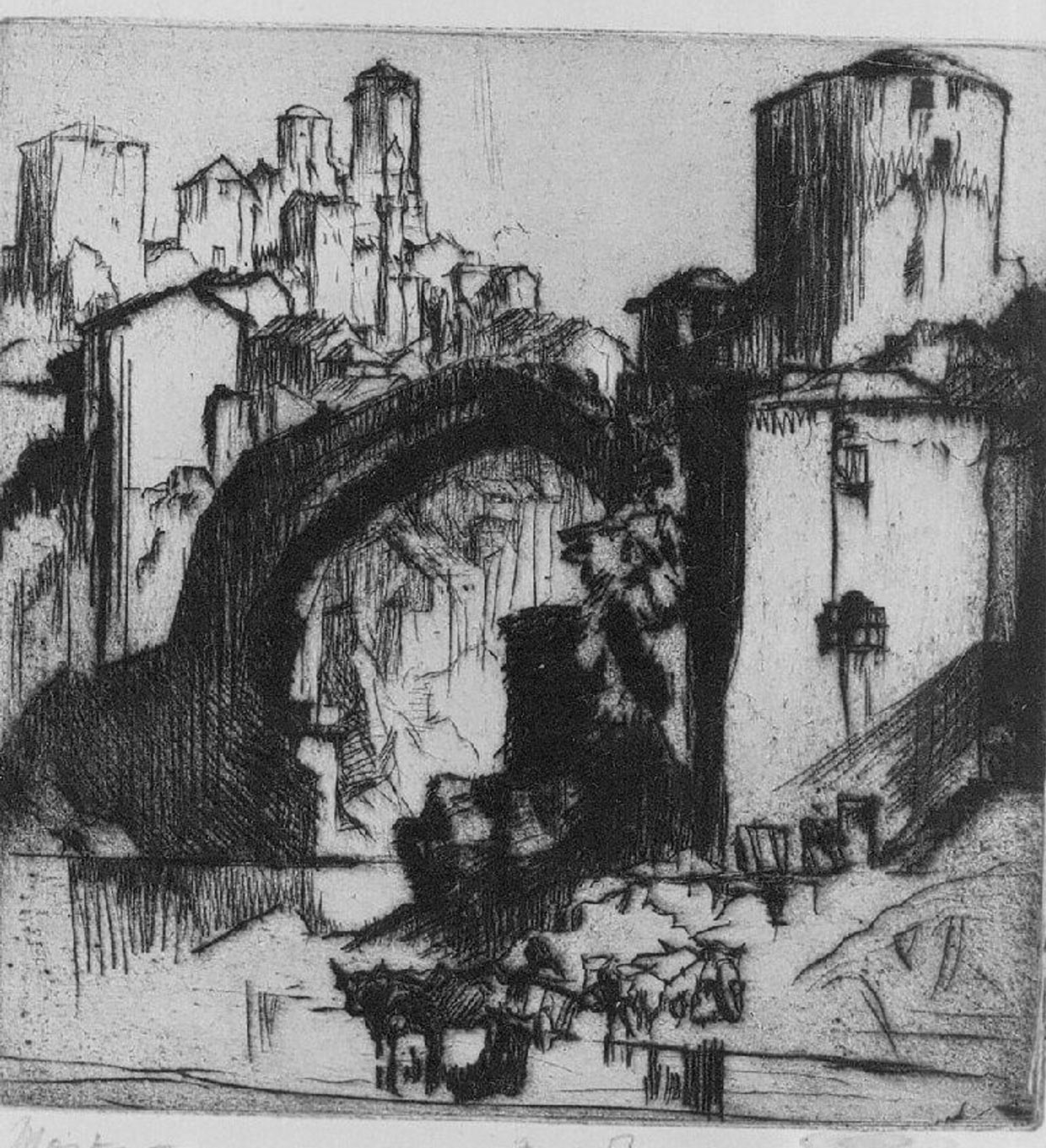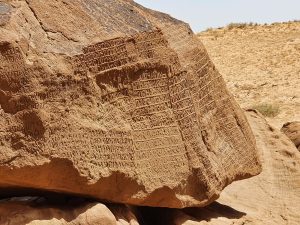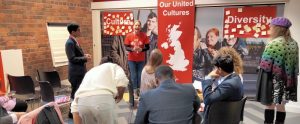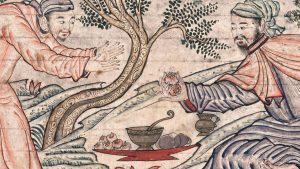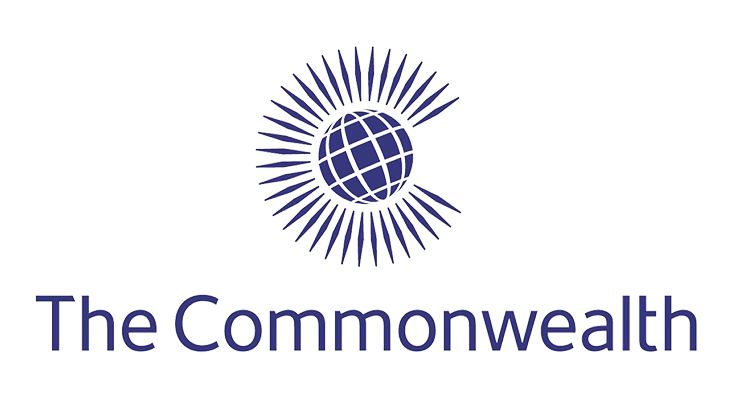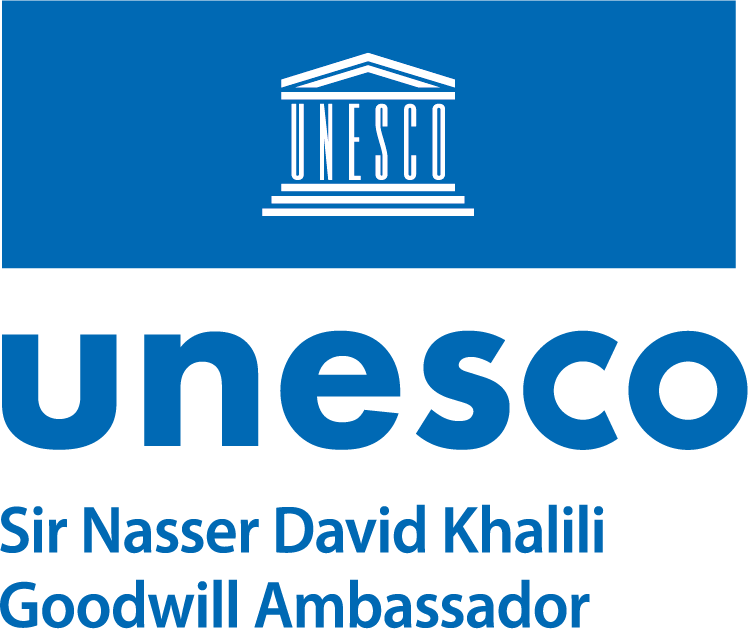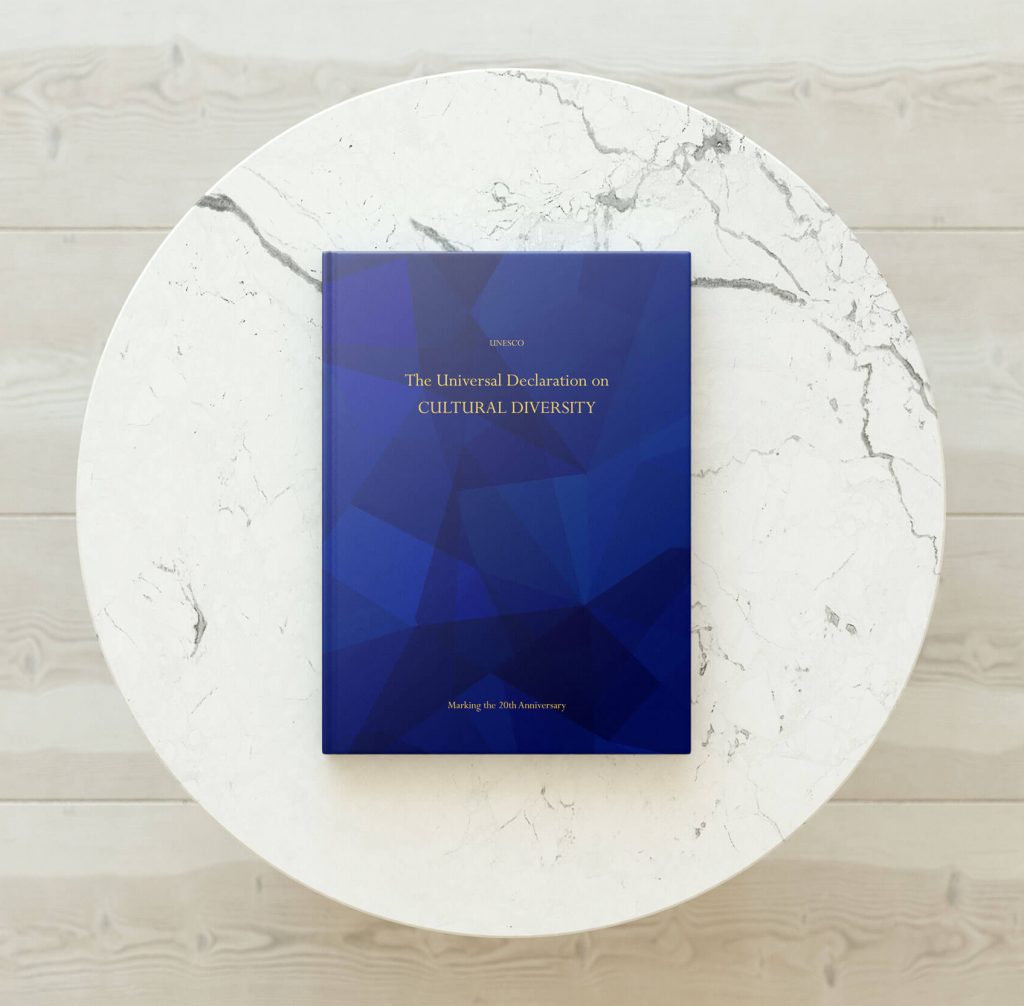Our world is more connected than ever, but more divided too. Experts warn that conflict is the greatest danger we face in 2025, marking one of the most polarised times since the Cold War. Geopolitical instability and global conflicts threaten lives, peace and security, while the misuse of technology and the spread of misinformation undermine democratic processes worldwide.
History has shown us that cultural heritage can contribute to division. Think, for instance, of how popular traditions in Europe were exploited by 20th-century dictatorships to support their ideologies and fuel nationalism. Attacks on cultural heritage are often used as tools of war, aiming to destroy the symbols that communities hold dear to spread fear. Examples range from the deliberate destruction of heritage sites like the Stari Most (Old Bridge) during the war in Bosnia and Herzegovina, to the looting of libraries and cultural institutions across Europe during two World Wars.
Mostar by Brangwyn, Frank – Royal Institute for Cultural Heritage, Belgium – CC BY-NC-SA. https://www.europeana.eu/item/2048001/AP_10093744
But instead of being a source of division, cultural heritage can serve as a bridge. By shifting the focus from our differences to what we have in common, cultural heritage can be a powerful vector for understanding, dialogue, and contribute to lasting peace and sustainable development. In our current context, (digital) cultural heritage can serve as a harbour and greenhouse of values like freedom, solidarity and democracy.
The Europeana Initiative believes in the transformative power of digital heritage to create the safer, more sustainable and inclusive societies our world urgently needs. We bring this vision to life by putting heritage data and knowledge to good use in the world. Read on to discover how we harness digital heritage to cultivate empathy, and how we collaborate with like-minded organisations like the Khalili Foundation to advance shared goals.
Europeana 1914-1918: the human face of cultural data
Digital heritage can foster understanding and drive positive change by connecting people to the stories and experiences of others, building empathy and mutual respect.
A compelling example is the Europeana 1914-1918 project launched in 2011. It explored World War I through personal stories of those who lived it, inviting people to digitise family items from the front line and home front. Nearly 15,000 participants from 24 countries contributed circa 200,000 objects – from letters, postcards and photographs to memorabilia.
Joueurs de manille – Europeana 1914-1918, Europe – CC BY-SA. https://www.europeana.eu/item/2020601/https___1914_1918_europeana_eu_contributions_9071_attachments_86913
The project used family heritage to foster a multi-perspective understanding of history, enabling a French student to connect with the emotions of a German soldier of similar age, fostering empathy and critical reflection. It also inspired creative director Yoan Fanise, who drew on the collected material to develop the video game 11-11: Memories Retold. The game tells the touching story of two men on opposite sides of the war, allowing players to step into their shoes by playing as both characters.
In this way, digital heritage goes beyond preservation, becoming an engaging tool to strengthen connections and foster more understanding communities.
Increasing impact through collaboration
Collaboration is at the heart of what we do at the Europeana Initiative. We build strategic partnerships with like-minded organisations that share our vision of creating more open, creative and knowledgeable societies through cultural heritage.
One such partner is the Khalili Foundation. A great example of our long-standing collaboration is the 2023 World Festival of Cultural Diversity led by the Khalili Foundation and supported by a global network of partners, including Europeana.
As part of our contribution to the Festival, Europeana published and promoted compelling stories highlighting cultural diversity – from religious buildings that have served both as mosques and churches, to Muslim inventors who inspired Europe’s greatest creative minds, and stories about Jesuits in China. Additionally, we dedicated our editorial grants programme in 2023 to fund five writers in creating blogs that spotlighted religious diversity, contributing to the Festival’s themes. This work reflects Europeana and the Khalili Foundation’s shared commitment to diversity and inclusion in all areas of our work, including in the stories we tell.
We also partner with grassroots digital heritage projects in war-stricken zones, such as Saving Ukrainian Cultural Heritage Online – SUCHO or the Museum of Stolen Art in Ukraine. These initiatives help build resilience and local capacity, restore confidence and preserve cultural identity in the face of adversity.
(Digital) heritage can build bridges, foster empathy and contribute to a more inclusive world. As we mark the 20th anniversary of the UNESCO 2005 Convention on the Protection and Promotion of the Diversity of Cultural Expressions this year, the Europeana Initiative is dedicated to expanding this vital work. Curious to learn more? Join us at the Europeana 2025 Conference on 11-12 June 2025 in Warsaw, Poland, during the Polish Presidency of the Council of the EU.
